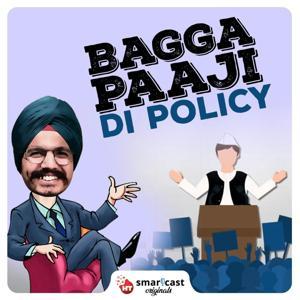
Sign up to save your podcasts
Or



By Mint - HT Smartcast





5
22 ratings



The podcast currently has 938 episodes available.










The podcast currently has 938 episodes available.

45 Listeners

155 Listeners

12 Listeners

57 Listeners

62 Listeners

0 Listeners

86 Listeners

0 Listeners

0 Listeners

0 Listeners

43 Listeners

0 Listeners

0 Listeners

0 Listeners

0 Listeners

280 Listeners

0 Listeners

39 Listeners

0 Listeners

0 Listeners

12 Listeners

11 Listeners

0 Listeners

0 Listeners

0 Listeners

9 Listeners

93 Listeners

16 Listeners

0 Listeners

0 Listeners

0 Listeners

0 Listeners

0 Listeners

3 Listeners